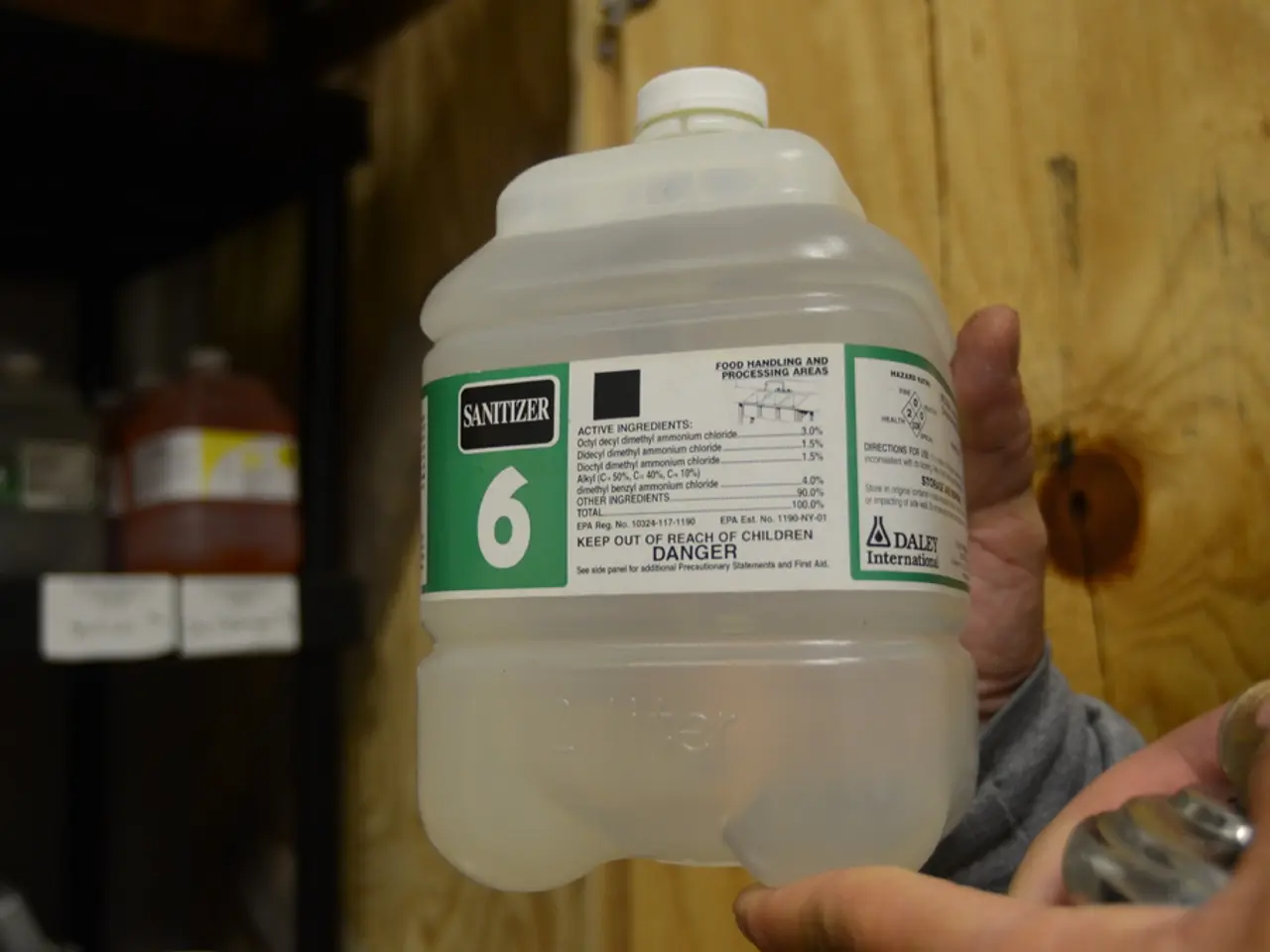Understanding Cryptococcal Meningitis: An Overview
Cryptococcal meningitis (CM) is a serious fungal infection that affects the protective membranes covering the brain and spinal cord. Here's a breakdown of how this infection progresses and how it can be managed.
The Progression of Cryptococcal Meningitis
The journey of CM from environmental exposure to brain infection involves several key steps. It begins with the inhalation of spores from environmental reservoirs such as soil contaminated with bird droppings. These spores then colonize in the lungs, where they can survive and multiply within macrophages due to their capsule and other virulence factors.
The fungus then enters the bloodstream and circulates, using mechanisms such as transcytosis, Trojan horse transport inside immune cells, or direct blood-brain barrier (BBB) endothelial invasion to breach the BBB. Once in the central nervous system (CNS), the pathogen infects brain tissues and the meninges, leading to an inflammatory response characterized by cytokine induction and disease progression.
Risk Factors and Prevention
Individuals with weakened immune systems, such as those living with HIV/AIDS, cancer patients, or organ transplant recipients, are at a higher risk of developing CM. To minimize exposure, these individuals should avoid gardening, wear masks in potentially contaminated areas, and limit outdoor activities during outbreaks or poor air quality.
Diagnosis and Treatment
Diagnosis of CM involves a combination of clinical evaluation, laboratory testing, and imaging studies. Early recognition of symptoms is vital for effective treatment, with common symptoms including headache, fever, nausea and vomiting, stiff neck, confusion or altered mental status, seizures, vision problems, and difficulty concentrating or memory issues.
The treatment approach typically involves antifungal medications, with the most commonly prescribed drugs being amphotericin B, flucytosine, and fluconazole. Regular follow-up appointments are essential to monitor the patient's response to treatment and adjust medications as necessary.
Managing Complications
Potential complications associated with CM include neurological complications such as seizures, hydrocephalus, and cognitive impairment, as well as systemic complications such as disseminated infection, respiratory issues, and sepsis. To mitigate these complications, maintaining proper hydration is crucial for patients, especially if they are experiencing vomiting or diarrhea.
Supporting the Patient
Offering emotional support and encouragement can help the patient during recovery. Ensuring a balanced diet rich in vitamins and minerals can also help boost the immune system. For patients with HIV/AIDS, effective antiretroviral therapy can help strengthen the immune system and reduce the risk of future infections.
Understanding the causes and risk factors, along with the diagnostic process and treatment options, is essential for timely treatment and management of this serious condition. With proper care and support, patients with CM can overcome this infection and regain their health.
- The fungal infection Cryptococcal meningitis (CM) can lead to mental health issues as it infects brain tissues and the meninges, causing an inflammatory response.
- In the field of health and wellness, CBD (cannabidiol) has been suggested as a potential therapeutic option for managing neurological disorders, including the inflammation associated with CM.
- For individuals with medical conditions like CM, maintaining good mental health and addressing any neurological complications is crucial for overall health and recovery, emphasizing the importance of addressing both physical and mental aspects of health.




